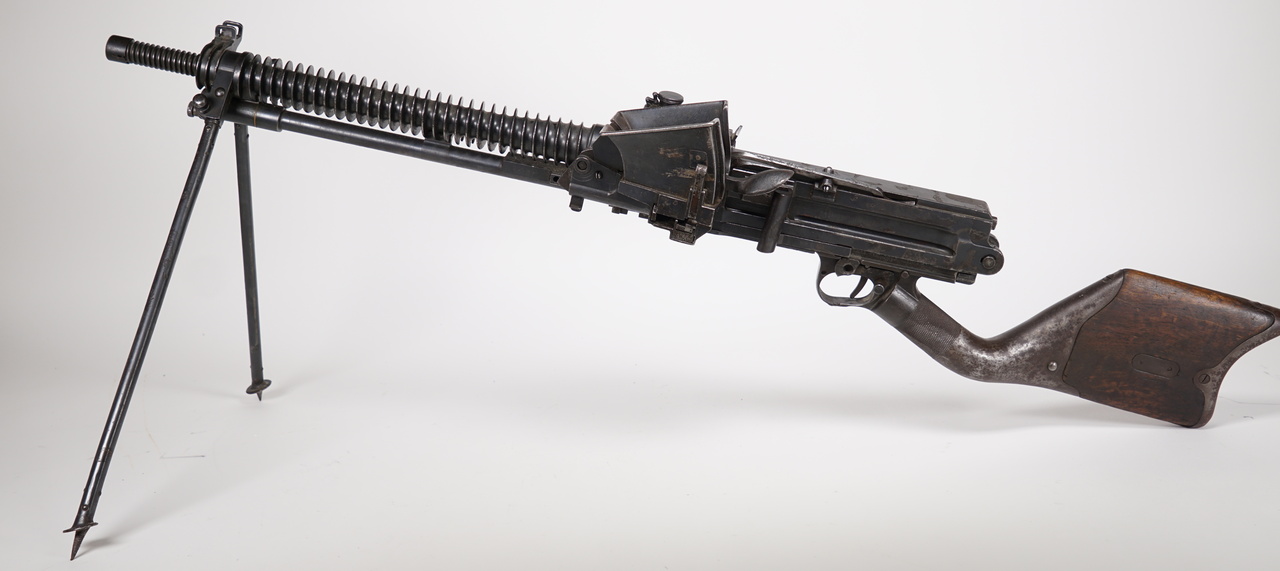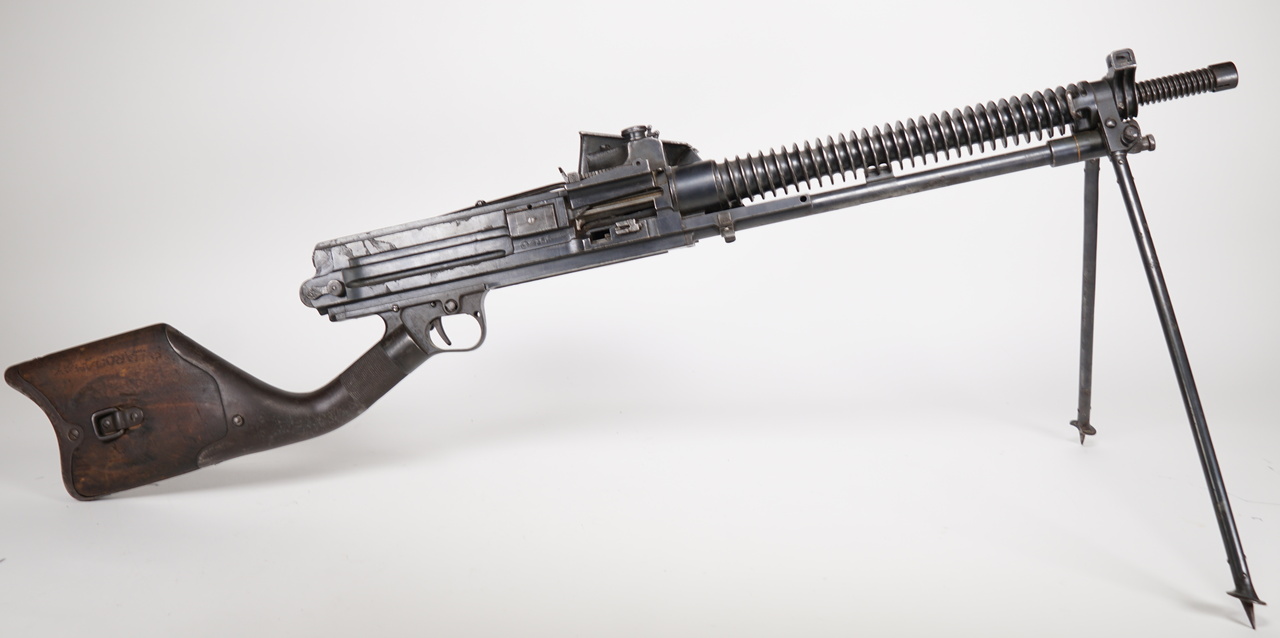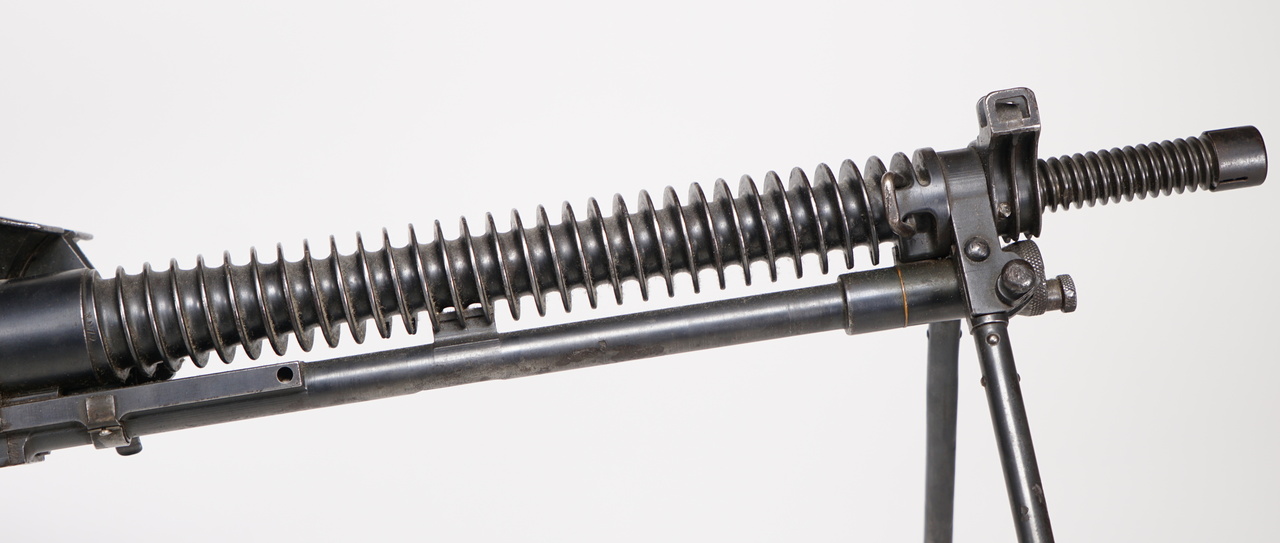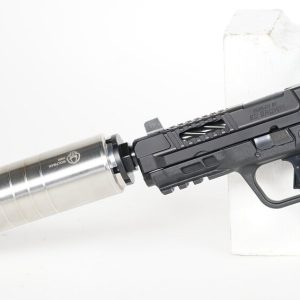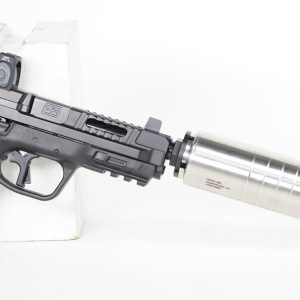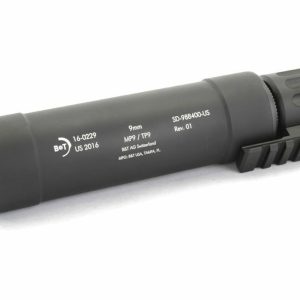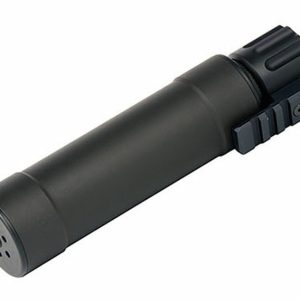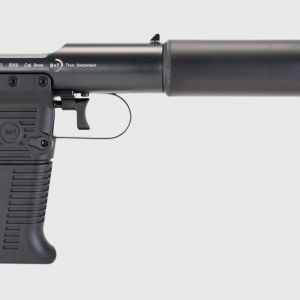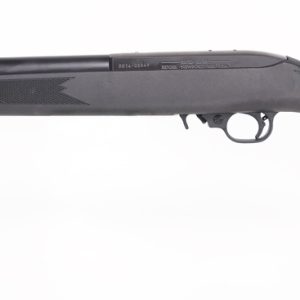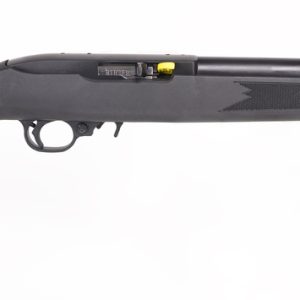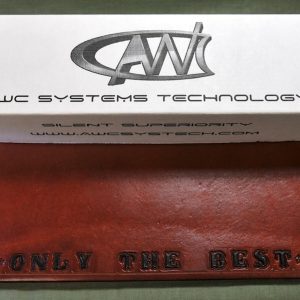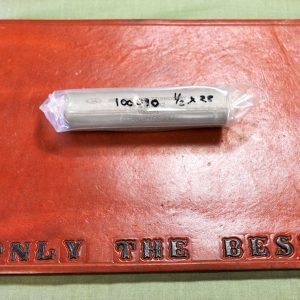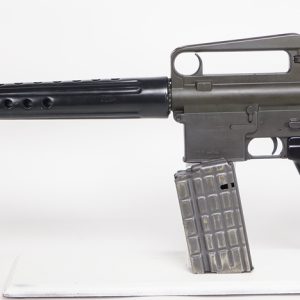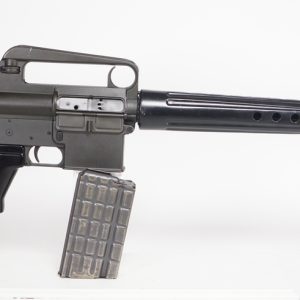




Japanese Type 11 Light Machine Gun (japtype11)
$14,995.00 Original price was: $14,995.00.$13,495.50Current price is: $13,495.50.
Japanese Type 11 Light Machine Gun (japtype11)
The Type 11 Light Machine Gun was a light machine gun used by the Imperial Japanese Army in the interwar period and during World War II.
The Type 11 came into active service in 1922, and some 29,000 were produced by the time production stopped in 1941.
The Type 11 light machine gun was a design by famed arms designer Kijirō Nambu, based on a modification of the French Hotchkiss M1909 Benét–Mercié machine gun. It was an air-cooled, gas-operated design, using the same 6.5×50mm Arisaka cartridges as the Type 38 infantry rifle.
A feature of the Type 11 machine gun is its detachable hopper; it can be refilled while attached and does not require removal during operation. Instead of a belt or box magazine, the Type 11 was designed to hold up to six of the same cartridge clips used on the Type 38 rifle. The five-round clips were stacked lying flat above the receiver, secured by a spring arm, and the rounds were stripped from the lowest clip one at a time, with the empty clip thrown clear and the next clip automatically falling into place as the gun was fired.
The inherent disadvantage of the hopper was that the open feeder box allowed dust and grit to enter the gun, which was liable to jam in muddy or dirty conditions due to issues with poor dimensional tolerances, which gave the weapon a bad reputation with Japanese troops. Another issue was that the weight of the rifle cartridges in the side-mounted hopper unbalanced the weapon when fully loaded. To compensate, the buttstock was designed in a way that it bent to the right, leading to the Chinese nickname for the weapon “bent buttstock” (Chinese: 歪把子). Reloading the weapon during an assault charge proved impossible due to the clip feeding system.

